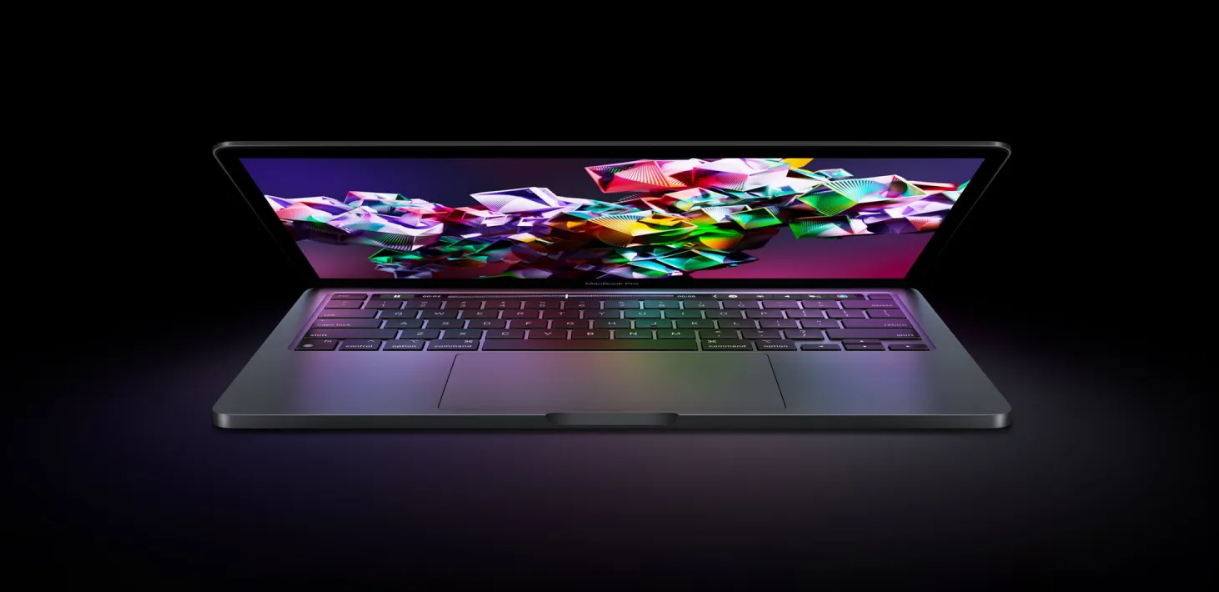News
SSD write speeds are improved in the M2 Pro and M2 Max MacBook Pros, according to benchmarks

According to tests and reviews of the new computers, the new 14-inch and 16-inch MacBook Pros powered by the M2 Pro and M2 Max CPUs have faster SSD write rates than their predecessors. These new computers come in sizes measuring 14 inches and 16 inches, respectively. This week, a small group of reviewers and media sites were given the opportunity to examine the newly released MacBook Pros in advance of their general availability beginning on Tuesday, January 24.
The read speed of the 16-inch MacBook Pro with M2 Pro in a storage configuration with 2 terabytes of space was measured at 5,372 MB/s, while the write speed was measured at 6,491 MB/s. The previous-generation 14-inch MacBook Pro with an M1 Pro processor and 1TB of storage scored a slightly faster read speed of 5,797 MB/s than the 16-inch M2 Pro; however, it got a lower write speed of 5,321 MB/s than the 16-inch M2 Pro.
The read speed of the 14-inch MacBook Pro with M2 Max was measured at 5,319 MB/s, while the write speed was measured at 6,402 MB/s. These results are comparable to those obtained by testing the 16-inch M2 Pro. These tests indicate that the new MacBook Pros have marginally slower read rates than their predecessors. However, unless the customers work with really large files, it is quite unlikely that they will notice a change in the typical speed of the software. The speed at which data is stored and the performance of the storage system are also impacted by other parameters, such as the storage capacity.
It was discovered that Apple had significantly slowed SSD read/write performance for the M2 basic edition of the MacBook Air by installing one fewer SSD chip than originally intended in the device. This realization occurred almost one year ago. The new MacBook Air has a storage capacity of 256GB, but it only has a single 256GB NAND chip. This results in read speeds that are up to 50% slower and write speeds that are up to 30% slower when compared to the older MacBook Air, which had two 128GB NAND chips.

















